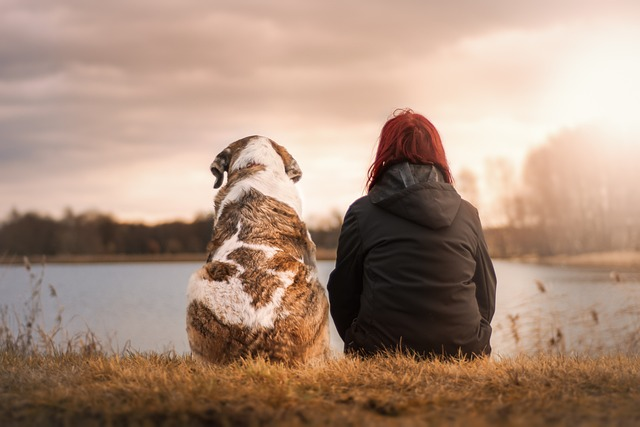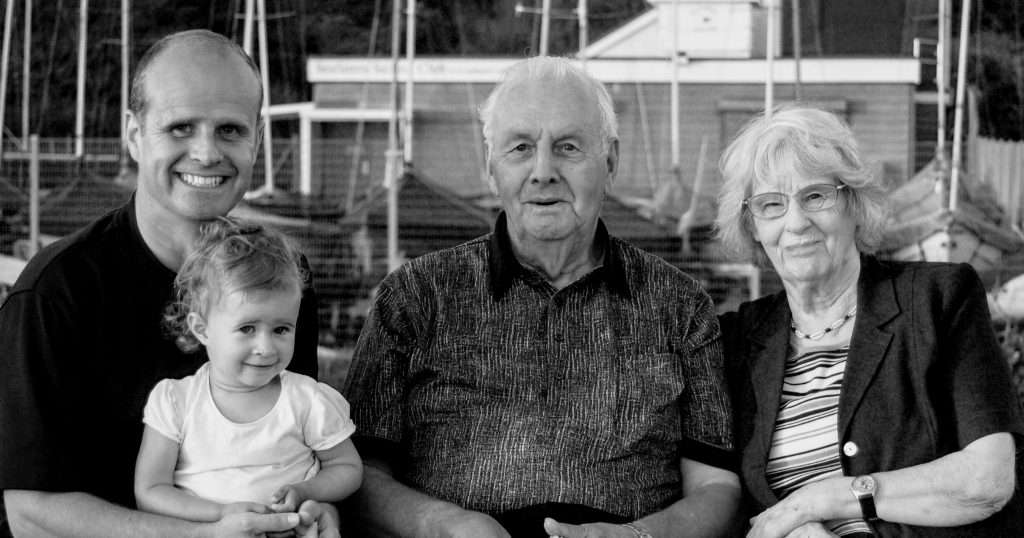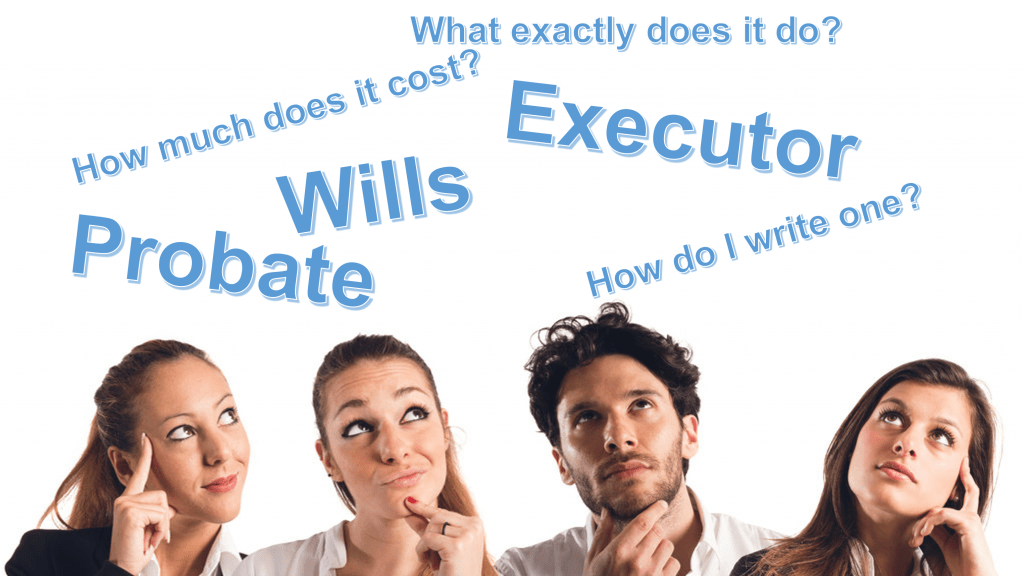I don’t need a Will. It is obvious who will get my things anyway. Everything will go to my spouse.

Copyright: iimages / 123RF Stock Photo
We hear this a lot, and nothing could be further from the truth. The distribution of an estate without a Will (intestate law) is so complicated that the government websites have a question and answer wizard to step you through a number of different family situations. At the end of this they calculate the shares of the estate going to each person. So let us dispel a few myths.
Myth 1: If I die without a Last Will and Testament my spouse will receive everything.
Fact: This is actually true for the first £250k in value. But according to an article published this week in the Guardian, the average house price in England is £272k, with the average price in London now at £514k. The £250k threshold is no longer limited to the interests of the very wealthy. Everything above £250k is divided such that any children will take half, and the spouse will take a “life interest” in half, meaning that the children will receive that second half when the surviving parent dies. This all works well in families that all get along, but it could mean that assets will have to be sold and liquidated in order to be divided according to intestate distribution laws. The interesting twist on this is that if the children have pre-deceased their parents, then the grandchildren will take half of the estate above £250k.
Myth 2: My partner of 30 years will receive my estate.
Fact: If you are not married or not in an official civil union, then your partner will not receive any of your estate if you do not have a Will. They could potentially make a claim on the estate as a dependent, but the assets will not automatically go to them. If there are no children and you live with an unmarried partner, then your entire estate will go to…..your parents!!
Myth 3: If I am married and never had children, then surely my spouse will receive everything.
Fact: Maybe, maybe not. If the estate is worth over £450k then the spouse will receive the first £450k with the remainder split – half to the spouse and half to your parents, or if there are no parents, then your siblings will receive half of the estate over the £450k threshold.
Myth 4: Our house is jointly owned, so it will automatically go to my spouse
Fact: Actually, it depends on the nature of the ownership. If the house is owned as beneficial joint tenants, then yes, the surviving spouse automatically receives the house, however, if you are “tenants in common” then the surviving spouse does not automatically receive your share of the house.
Myth 5: If I write a Will, I can decide who receives my assets.
Fact: Actually, that’s not a myth – that is true. You can avoid all of this complexity by taking the 20 minutes or so to prepare your Will. We would not recommend disinheriting a spouse or minor child as they may make a claim on the estate, but other than that you can distribute your assets in any way you wish. Your Will can be used to recognise the impact that people or organisations have had on your life; you may choose to leave a sum of money to a local charity, or leave a family heirloom to a grandchild. A Will is such a powerful tool, that it would be a shame to leave your estate to the laws of intestacy.
Why not write your Will right now, it isn’t as difficult or expensive as you may think. At LegalWills.co.uk it can be completed in 20 minutes for £39.95.
- Can I include my pet in my will? | Providing for your pets by leaving money in a pet trust in your estate plan - April 25, 2023
- My parents didn’t have a Will. This is what I did. - June 3, 2022
- The duties of an Executor of a Will - May 10, 2022








